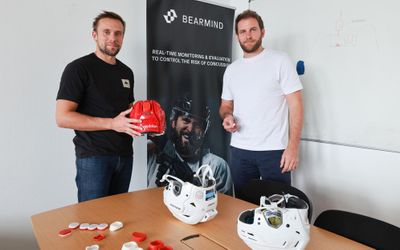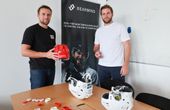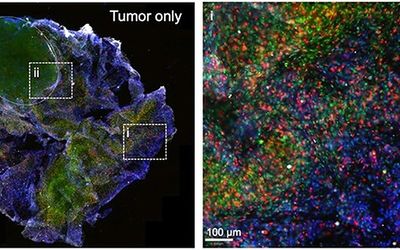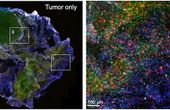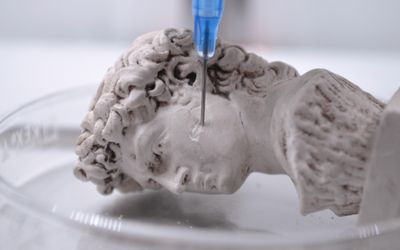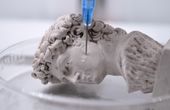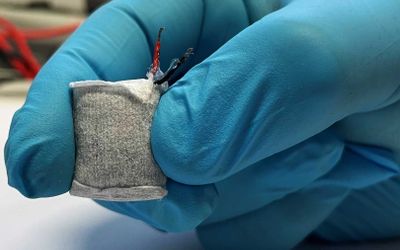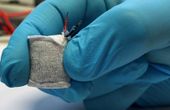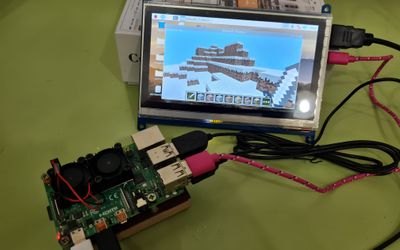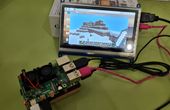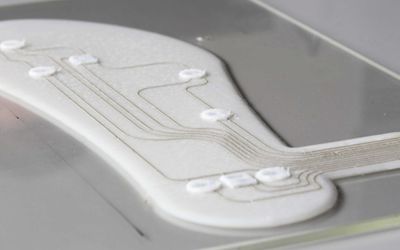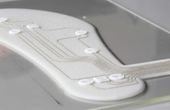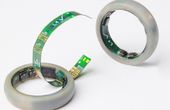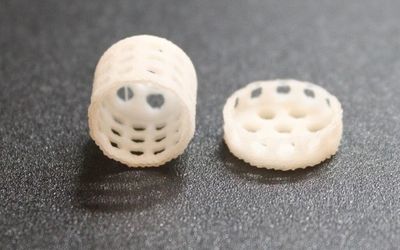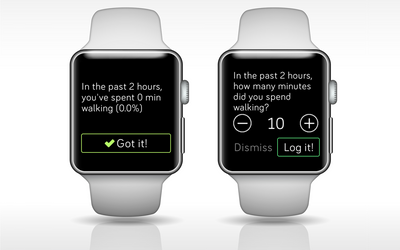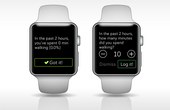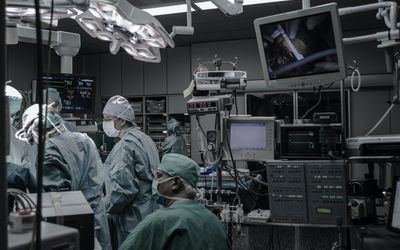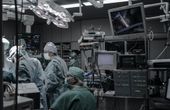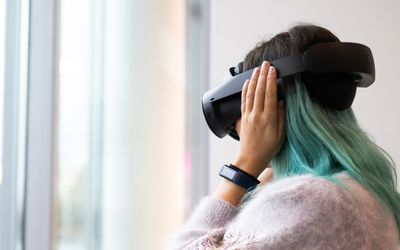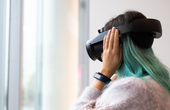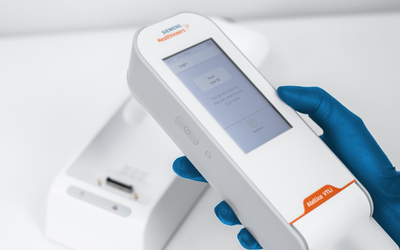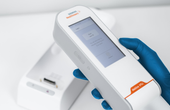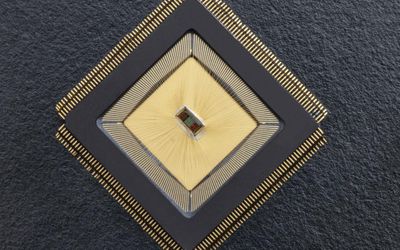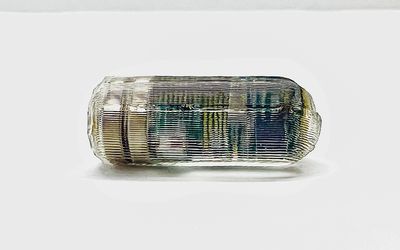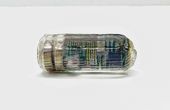Players may not be aware of the severity of head impacts suffered during a game. Bearmind, an EPFL spin-off, has developed smart helmets that provide a series of metrics enabling coaches to monitor the neurological effects of head impacts suffered by their players. The firm hopes to quickly conquer the US market.
Category
healthcare
Latest Posts
Researchers have developed a 3D bioprinter for cancer research that can be folded into a carry-on pack, transported, and easily reassembled for printing inside a biosafety cabinet. The technology can perform rapid and reproducible manufacture of complex tumouroids – 3D cell cultures which resemble tumour tissues – to test potential immunotherapy treatments.
In this episode we talk about how researchers at EPFL have developed a new method of 3D printing bone-like composites using bacteria-infused ink. The process involves the use of hydrogel as a printing medium that provides a scaffold for bacterial growth, which produces calcium carbonate crystals that mimic the properties of bone.
A 3D scanner, medical imaging device and a radio-operated lifeboat delivery system: The latest entries in the Rock Engineering Challenge.
Entries to the ROCK Enginering Challenge are using SBCs to address challenges in healthcare, imaging, and rescue.
Senbiosys, an EPFL spin-off, has unveiled a jewelry-like smart ring that incorporates all the health-monitoring features currently available in smart watches. The company’s notable achievement in miniaturization – made possible thanks to the world’s smallest sensor, developed at EPFL – appears to have major market potential, as its recent crowdfunding campaign raised five times more capital than expected.
Imagine going to the hospital with symptoms of a heart attack, only to wait an hour for the test results and treatment. With each minute ticking by, your health is in jeopardy. Siemens Healthineers is now rewriting what is possible and has set out to change this scenario in emergency departments across the world.



